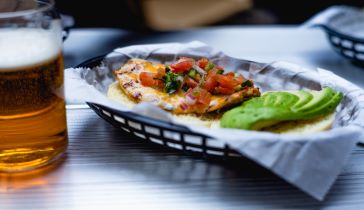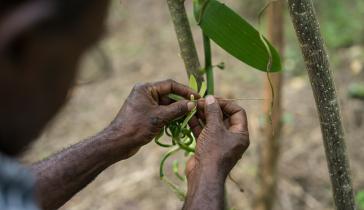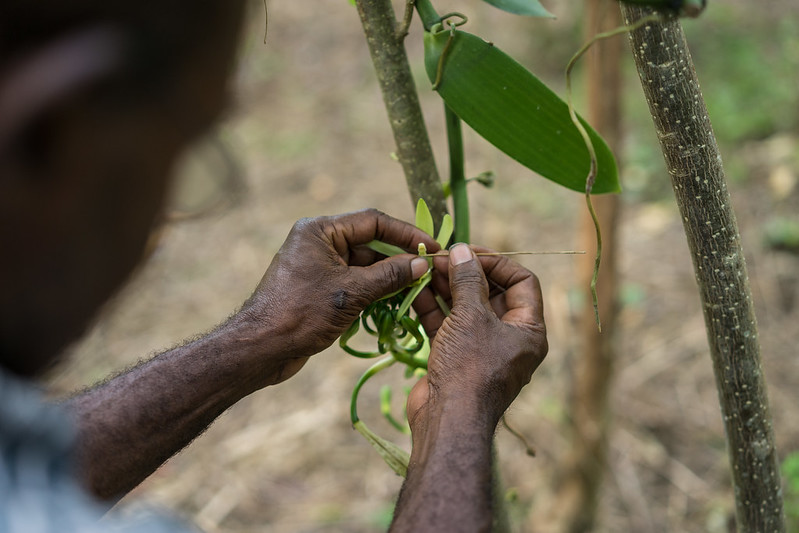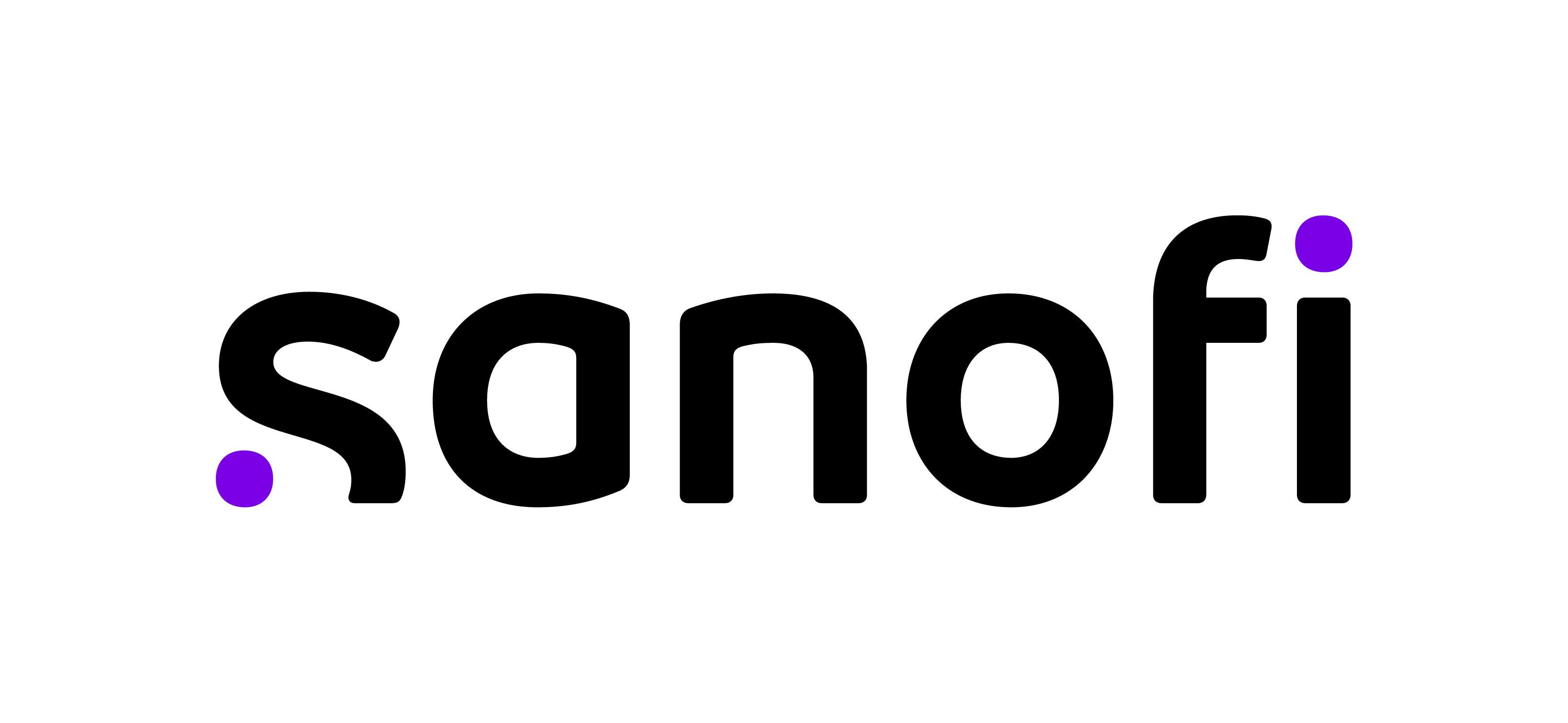It’s Super Bowl time and you know what that means! Even if you’re not doing the typical large gathering, chances are you’re still indulging your in your favorite Superbowl snacks—sandwiches, nachos, burgers, beer, and more!
And we can thank biotechnology for allowing us to enjoy these popular dishes.
Cuban Sandwich or Pulled Pork
While most of the country will be enjoying gameday classics, fans in Tampa and Kansas City are likely indulging in the best local fare. Many think a juicy pork-filled Cuban sandwich is a Miami or Key West thing but ask any Bucs fan and they will proudly tell you that Tampa is home to the original Cuban. And in Kansas City, nothing sounds better than smoked BBQ pork.
However, pork producers across the globe are experiencing devastating loss from diseases like, African Swine Fever. Thankfully, biotechnology companies are working on solutions to develop disease-resistance in pigs and ensure Cuban sandwiches and BBQ pulled pork are here to stay.
Tortilla Chips
We all relish finding that perfectly scooped chip that will maximize dipping action.
Of course, the main ingredient in tortilla chips is corn, which is one of the most common crops benefiting from biotechnology. The corn we eat and use today is a distant cousin from its origins. For generations, farmers bred corn for optimal color and taste, to grow bigger, and hold more kernels.
Today, to meet the massive demand for the crop, farmers plant corn that has been genetically modified (GM) to be resistant to damaging insects and tolerant of commonly used herbicides.
The ability for today’s corn to be insect resistant and herbicide tolerant is what ensures that the corn crop is enough to meet our demands for use in cereals, flour, wraps, and of course chips.
Cheesy Foods and Dips
Much of the cheese we eat today is made using biotechnology. Enzymes known as “rennet” are a critical part of the cheesemaking process. Years ago, the only source of rennet was the lining of calf stomachs; however, biotech stepped in to help make the cheesemaking process more humane. Researchers used biotechnology to create genetically modified bacterium and yeast cells to produce rennet, which in turn could be used in making cheese. Because biotechnology provides a sustainable method of producing this critical ingredient, between 80 to 90% of hard cheese made in the U.S. is made using GM rennet.
Hamburgers and Hotdogs
Whether you are serving hamburgers or hotdogs, the livestock that led to that burger patty or sausage link most likely fed on some type of genetically modified crop such as corn, wheat, or soybeans. According to GMO Answers, more than two-thirds of GM corn and half of GM soybeans are used for livestock feed. And much like GM crops, GM animal feed does not pose any risks to a person’s health.
Beer
While many beer fans are aware that beer requires yeast to be made, fewer know that yeast is a biotech breakthrough! The use of yeast is an early application of biotech because yeast is a group of single-celled fungi that breaks down enzymes.
Through biotech, we can edit the genes in yeast to make it do what we want. Yeast is used in several products worldwide, but because there are more than 1,000 types of yeast, the species used is important based on what is being developed. In the case of beer, saccharomyces turns the sugar into carbon dioxide and alcohol. Then, voila, beer!
Yeast is such a dynamic ingredient and can also be modified to help with the beer’s final flavor and color.
So, this Super Bowl Sunday, as you cheer on your favorite team from the stadium of your home, send out a cheer for the innovations of biotech too.






.jpg?itok=5epg0qxZ)


.jpg)











.png)


